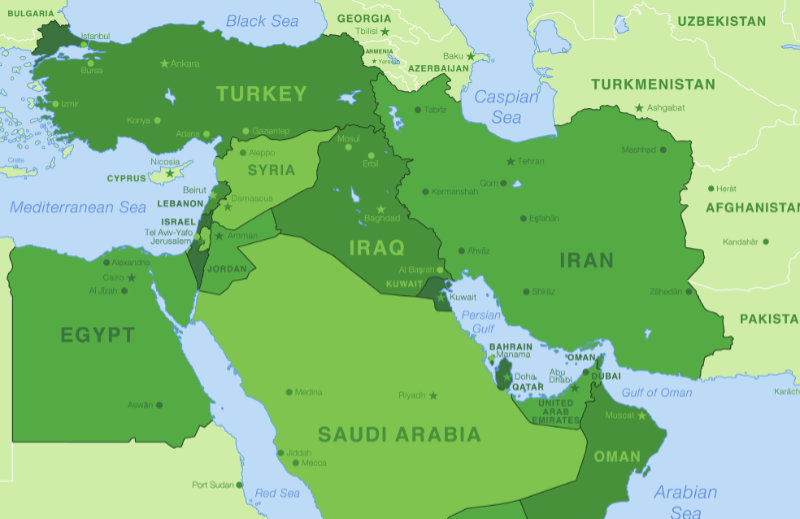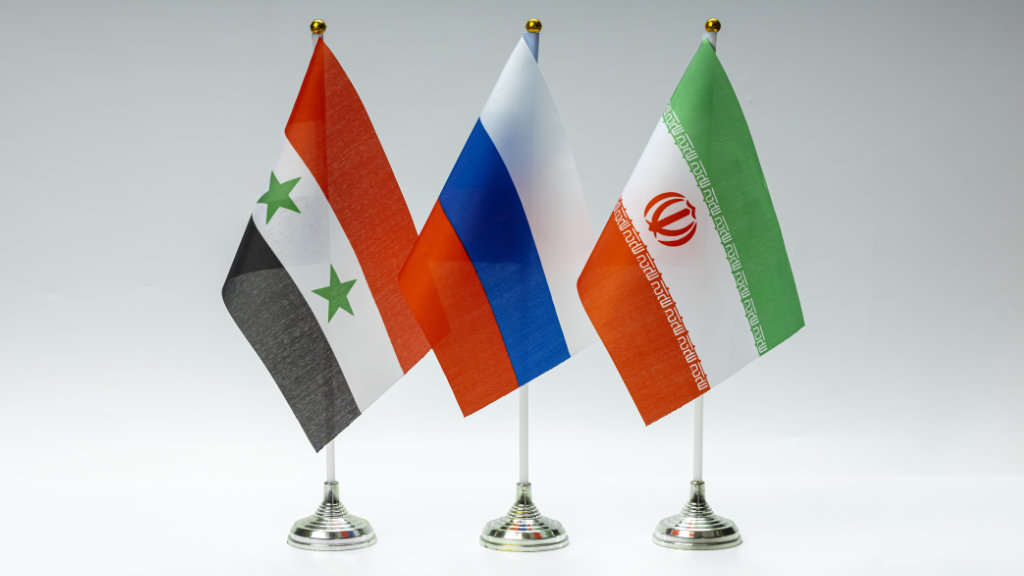Russia’s pivot to Asia has taken on a new security dimension with the escalation of violence in Syria, where the government has come under attack from the Jabhat al-Nusra extremist group, its allies, and carried out a major attack on Aleppo and other settlements in northern Syria that were under the protection of the Syrian armed forces.
Jabhat Al-Nusra, also known as Front for the Conquest of the Levant, is a Salafi jihadist organization fighting against Syrian government forces in the Syrian Civil War. Its aim is to overthrow the Syrian president Bashar al-Assad and establish an Islamic state ruled by Sharia law. There is some evidence that weapons acquired by Jabhat Al-Nusra were obtained on the black market from Ukraine. It is also established that weapons and equipment have in the past been provided from Washington.
The situation in Syria is also complicated by regional positioning, as the potential breakup of Syria could see large, oil productive regions of the country be divided up amongst other nations including Turkiye. Ankara generally sees eye-to-eye with Moscow, but not over Syria where the two countries have differing opinions. Saudi Arabia also tends to side with Turkiye over this issue. These neighbouring differences create substantial diplomatic stresses on regional ties at a time when Moscow wants to enhance trade and supply chains. Russia aIso does not want to become involved in a secondary conflict to Ukraine – which may go some way to understanding why this new conflict has emerged at this precise time.
According to the Kremlin, unconditional support was expressed for the actions of the legitimate government in Syria to restore constitutional order and the country’s territorial integrity. Also, emphasis was made on the importance of coordinating efforts within the Astana format with the participation of Turkiye. Earlier on Monday, Pezeshkian had held phone talks with Syrian President Bashar Assad. Clearly, the three countries are coordinating efforts to stabilize Damascus.
While Putin’s conversations with the respective Presidents of Syria and Iran will have focussed on defeating the Jabhat al-Nusra rebels, it should be noted last week, Putin attended the CSTO annual meetings in Astana. The CSTO is a regional security block that actively includes Belarus, Kazakhstan, Kyrgyzstan, Russia and Tajikistan. Syria was discussed, and almost certainly, plans made for troops to be made available if necessary. The Kyrgyz and Tajik military have specific operational experience in Afghanistan.

Concerning Iran and Russia, both countries are full members of the Shanghai Cooperation Organisation (SCO), which also includes a significant regional security aspect. The SCO includes dialogue partners, amongst which are Syrian conflict affected countries such as Azerbaijan, Bahrain, Egypt, Kuwait, Qatar, Saudi Arabia, Turkiye and the United Arab Emirates. Quite how far this dialogue will go when discussing military intervention in Syria is hard to say, but the concept remains. Meanwhile, as a direct result of the situation in Syria, the United States has just reconnected its hot line to Moscow. Whether this shows concern for what could develop in the Middle east – an all-our war also involving Israel, or is to discuss pressures that can be placed on Russia is a moot point.
However, with the conflict in Ukraine nowhere near resolution, regional conflicts with Israel continuing, and this breakout of violence in Syria now on the agenda, a short slip into West Asian military turmoil is very much a matter of serious concern. How far Russia, Iran, the CSTO, the SCO or even North Korea become involved in Syria remains a matter of some fluidity.
Further Reading
Russia – Syria 2024 Bilateral Relations: Update

 Русский
Русский













